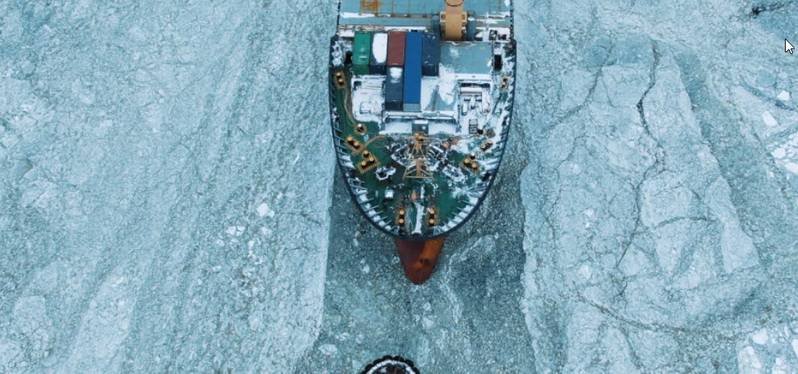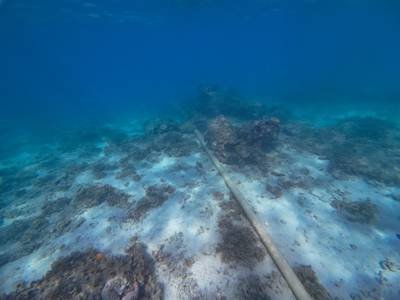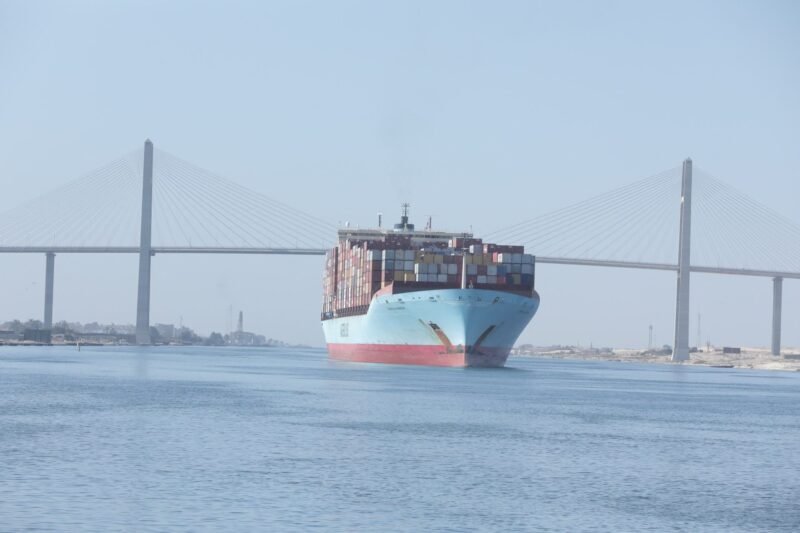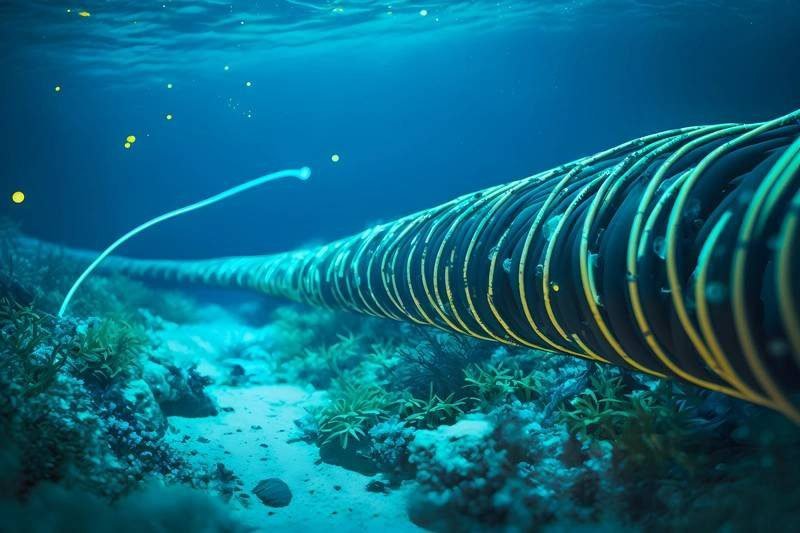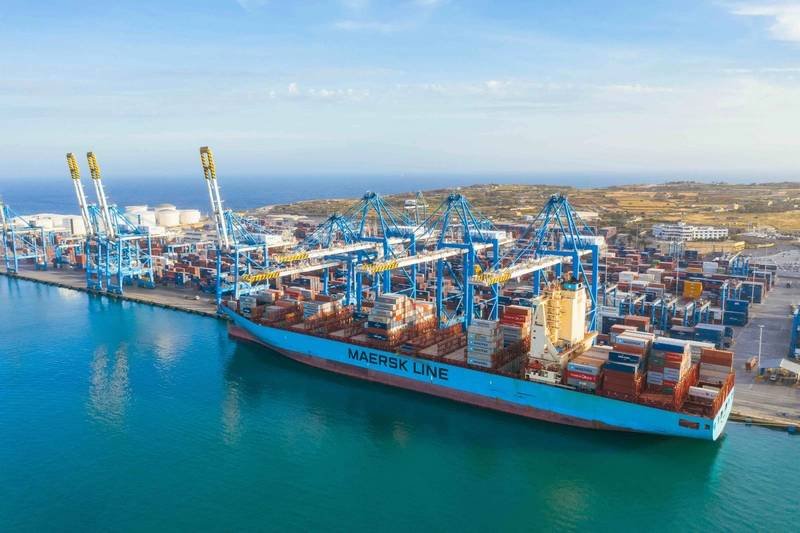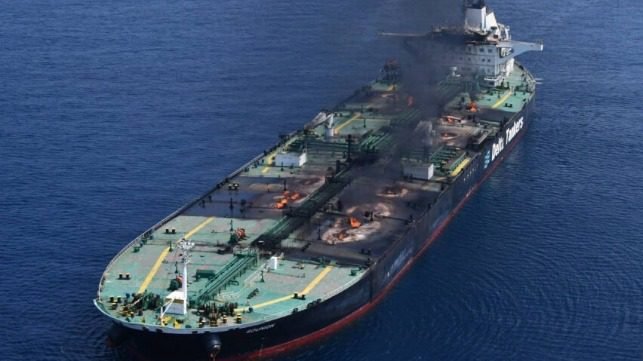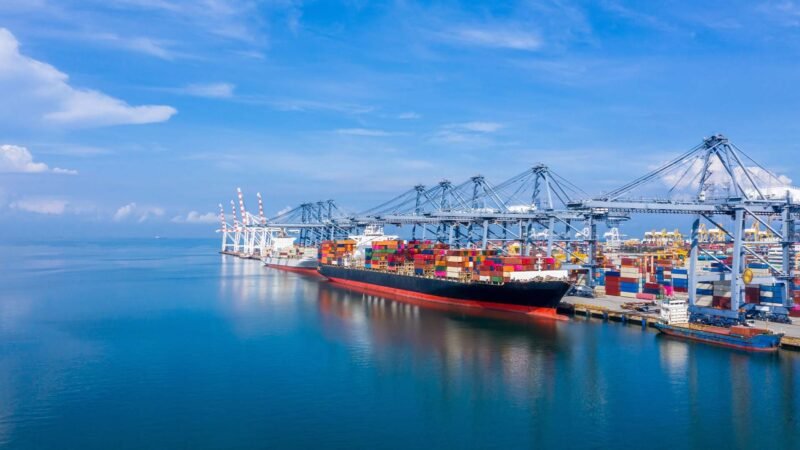On Saturday, Microsoft reported that undersea cable cuts in the Red Sea led to increased latency for Azure cloud platform users across the Middle East, Asia, and Europe. The company acknowledged the disruptions but stated that they had been resolved and traffic was being rerouted through alternative channels. However, permanent repairs to the damaged subsea cables may take longer.
Internet traffic monitor NetBlocks identified the disruption’s location in the Red Sea, with the Pakistan Telecommunication Company pinpointing it near Jeddah, approximately 400 nautical miles from conflict-prone areas in Yemen. Such accidental cable cuts are common globally, often attracting scrutiny in geopolitically sensitive regions.
While the majority of cable damage incidents are accidental, they can lead to significant disruptions. The most recent incident in the Red Sea occurred in February 2024, when three cables were severed, likely by the anchor of the abandoned bulker Rubymar, which was hit by a missile.
Subsea cables carry 90% of international data traffic, making them critical for global commerce. Their remote and unprotected nature makes them vulnerable to sabotage, and while nation-states may have advanced capabilities to tamper with them, accidental damage often occurs due to commonplace maritime activities.
Share it now







